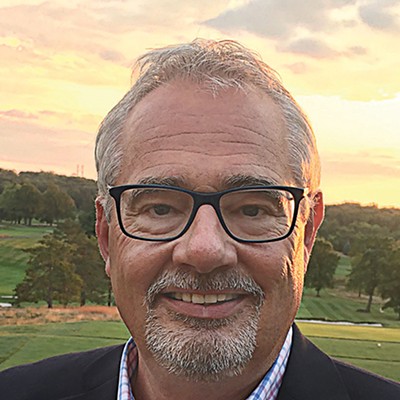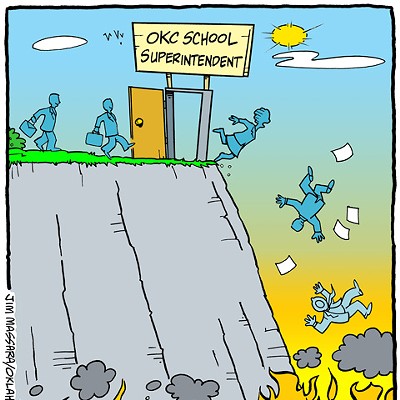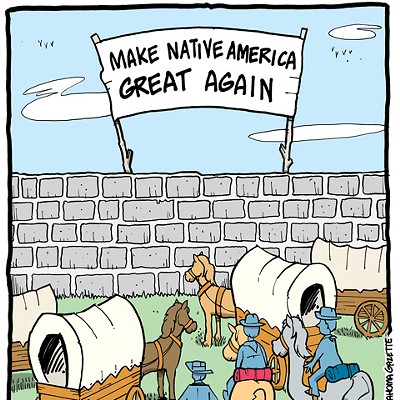These days, as the ground keeps moving out in Jones, I ponder the cultural earthquake and re-drawing of the political landscape we have been going through.
It will probably surprise you to learn that from adolescence into early adulthood, I identified as a conservative. Fiscal restraint, environmental conservation, expanding economic opportunity for average citizens, defending civil liberties and building international coalitions were all the values that attracted me. I most closely identified with the presidency of George H.W. Bush, deeply admiring his approach to foreign policy.
I felt like an old, mainline, New England Republican, who just happened to have grown up in Oklahoma. At that time in Miami, most of the Republicans I knew were highly educated and theologically liberal Episcopalians. A friend of mine said you could decide where you fell politically by what rate at which you wanted to set the capital gains tax.
We live in a time when conservatives nationalized banks and liberals bailed out Wall Street. People are confused. There are new divisions, reshaped by a series of cultural earthquakes.
When I look at Oklahoma culture and how it manifests itself in our state politics, I see one of the main fault lines lying alongside issues of a pluralistic society and how one reacts. The basic issue is how you live with those who are different from you, and this division cuts across traditional party lines.
You can respond to the reality of our diverse, pluralistic society in one of two ways: Some see it as an opportunity for broadening horizons, learning from other people, creating a more interesting and artistic local culture, or for economic growth and innovation. Others react from anxiety and fear of anything and anyone different and, therefore, desire to create a less diverse society.
Repeatedly, a significant group has reacted this second way. A good example is some of the statements quoted in this paper around the Bible curriculum bills. Rep. Todd Russ, R-Cordell, wants schools to "represent our American heritage from a Christian, biblical perspective," as if he is unaware of the reality of other faith groups and nonbelievers in our society, and their contributions.
Oklahoma has always been racially, culturally and religiously diverse " the presence of our many Native American nations being the most obvious example. There are plenty of other examples to cite. The largest Unitarian Church in the country is in Tulsa, not Massachusetts. The vibrant Asian District and its delicious restaurants is one of Oklahoma City's jewels of culture and economic development. The local Turkish Muslim community probably does more than any other group to develop a culture of peace.
Our state would be less interesting, less innovative, less artistic and less delicious without this diversity.
We can all live with those who are different than us. We can even recognize diversity as an opportunity. In doing so, our politics will become more civil, and we can get back to disagreeing about capital gains taxes.
Jones, who holds a doctorate in philosophy from the University of Oklahoma, is pastor of the Cathedral of Hope United Church of Christ in Oklahoma City.












